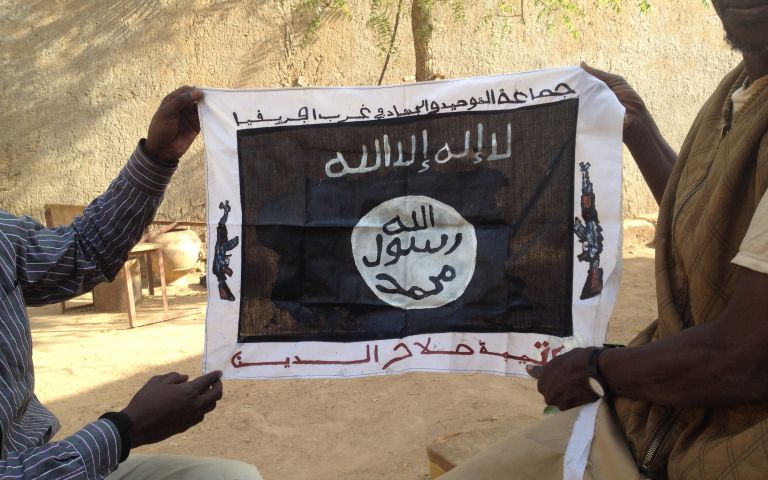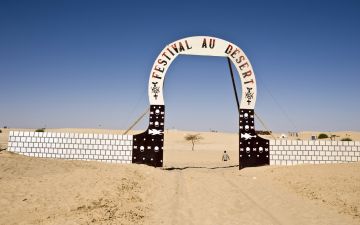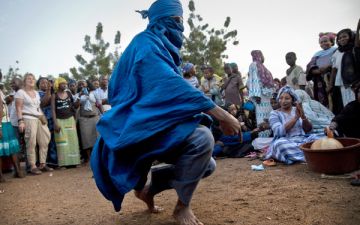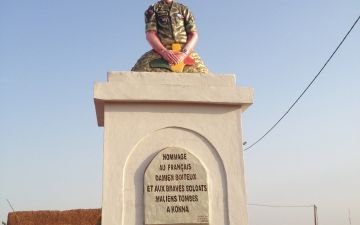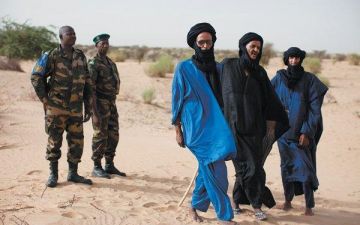In January 2012, a motley collection of Islamist warriors and Tuareg independence fighters joined forces and — with weapons stolen from the armories of the late Libyan ruler Muhammar Qaddafi — crossed the Sahara and stormed into Mali. They swiftly crushed the Malian Army, dealing a humiliating setback to the United States, which had pumped hundreds of millions of dollars into a decade-long, counter-terrorism training program. In a few days, they captured all of northern Mali's towns, including the fabled city of Timbuktu, and declared the independent state of Azawad in a desolate region the size of France.
Over the next ten months, until they were driven out by French special forces, the Jihadist conquerors created an Islamist state modeled after the ancient Caliphate of the Prophet's successors. They banned music, destroyed Sufi shrines, whipped unveiled women, chopped off hands, and stoned adulterers to death. Timbuktu — the site of the Festival in the Desert, an annual celebration of Mali's music, and of two dozen libraries filled with restored medieval manuscripts from the city's glory days as a center of scholarship in Africa — was plunged into darkness.
In a series of articles built around those dramatic events, Pulitzer Center grantee Joshua Hammer chronicles the calamity that overcame Mali and introduces some of the characters — Jihadists and cultural visionaries, killers and victims — swept up in the conflict. Among other pieces, Hammer tells of the decades long friendship between two charismatic Tuaregs who grew up in the Saharan dunes and followed opposite paths — one becoming the founder of the music festival, the other a brutal leader of Al-Qaeda. He also follows the twisted path of Mokhtar Belmokhtar, a one-eyed Algerian turned kidnapper, smuggler, and murderer, who was most responsible for turning northern Mali into a terrorist state.
